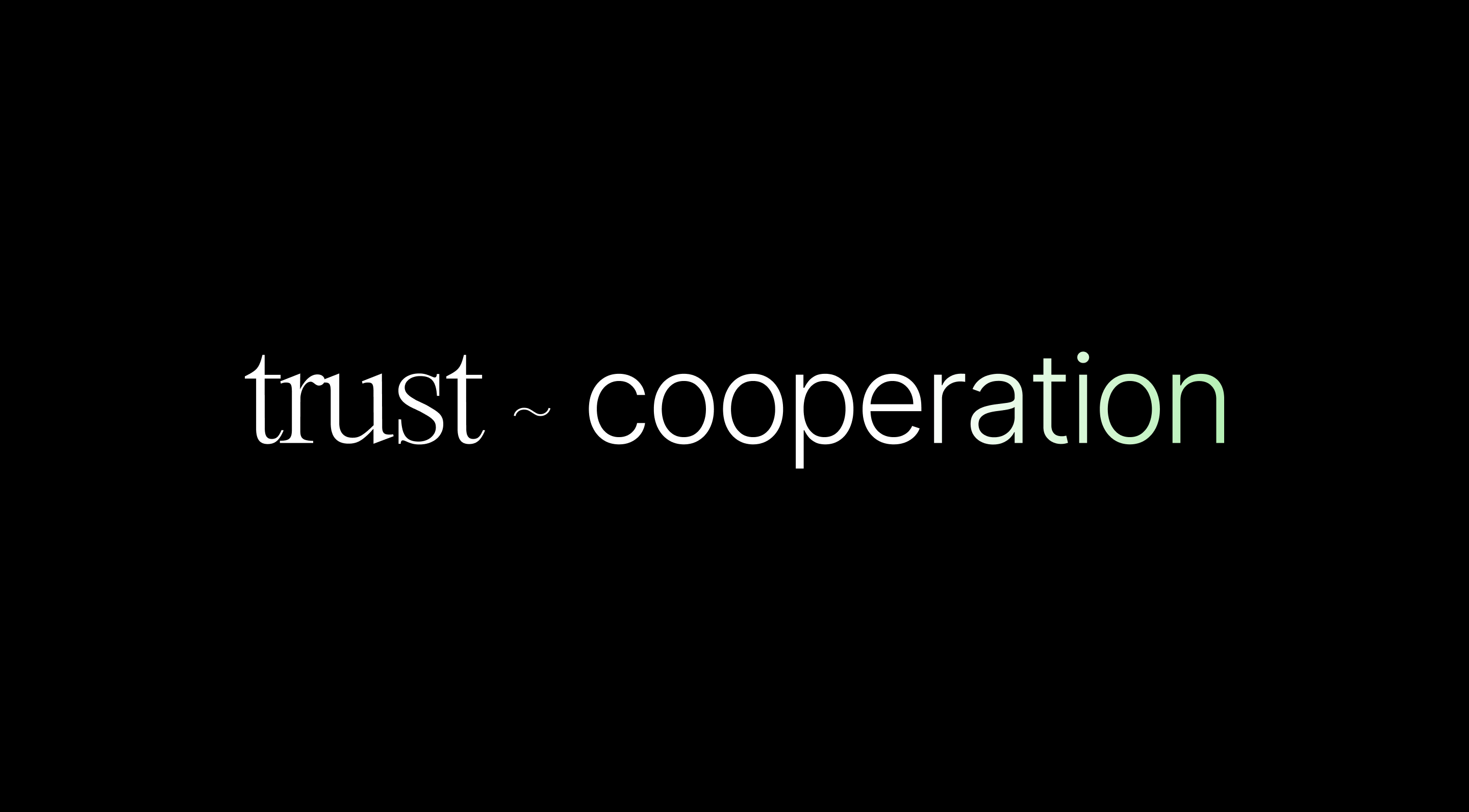Our Open Philosophy
By opening our source code, we ensure that our users have complete autonomy and independence from the Any Association.

As we count down towards our public beta, opening our repositories is one of the last remaining milestones we look forward to bringing. In preparation for this occasion, we’d like to share our own philosophy towards open sourcing anytype, and take the opportunity to address questions from the community related to this topic.
Trust our code, not our words
We believe that any software should support fundamental digital freedoms. With the rise of cryptography and computer systems, it is now possible to guarantee these freedoms in the world of bits: privacy of thoughts, freedom of speech, right to authorship, and autonomy from software providers. These rights can be encoded into the code, which when open, can be freely verified by anyone. This way, trust among users and developers can be established.
This is our way. By opening our source code, we ensure that our users have complete autonomy and independence from the Any Association. They retain the ability to analyze, compile, and run each software component on their personal machines without relying on external parties. This guarantees uninterrupted access to the tools and data they generate and store, shielding them from any potential restrictions.
Cooperative Open Source
There are risks associated with opening the code, examples are instances where large corporations have taken advantage of open-source projects like MongoDB and Elastic, reaping benefits without contributing back. Consequently, protective licenses have emerged, obligating cloud service providers to disclose modifications they made and the source code of their tooling. To maintain a delicate balance between our dedication to open source and the idea of self-sustainability, we have developed the Cooperative Open Source philosophy.
While our core solutions, the infrastructure protocol any-sync, and the data protocol any-block, are released as open source under the permissive MIT license, we distribute the remaining layers, including the middleware library any-heart, and applications like anytype-js, anytype-swift, and anytype-kotlin, under the Any Source Available License. This license grants individuals the freedom to review, modify, and utilize the code for personal, academic, scientific, research, and development purposes. However, for commercial use, consent from the Any Association is required.
This way, we guarantee everyone the right to use, modify, and distribute the data exchange protocol and the data format, ensuring that anyone is free to create any application on top of them. We guarantee free, non-commercial usage of the software and full transparency of the code. However, considering the substantial R&D resources required for the application layer, we believe that businesses and networks utilizing our software for commercial purposes should contribute towards its ongoing development, allowing maintainers to support and enhance the platform.
The Any Association, based in Zug, Switzerland, is an organization that will govern the rights to use the software and will provide an opportunity for other significant contributors to join a sort of digital cooperative and become the governors of the software as well. This empowers significant contributors to co-decide the next steps of product development and protects them from rivals’ abuse.
Co-creation
We see our products as an open ecosystem where the community can contribute in various ways, not only by committing to the core source code. Contributors can develop integrations, design themes, create use cases for the in-app library, or provide documentation and translations.
Documentation and translations created by the Any team and contributors will be in the public domain. As for use cases, integrations, and themes created by the community, the choice of license will be left up to their creators.
We believe this approach to open source could be a sustainable way to deliver the best-in-class software while supporting fundamental digital freedoms in the world of bits.
